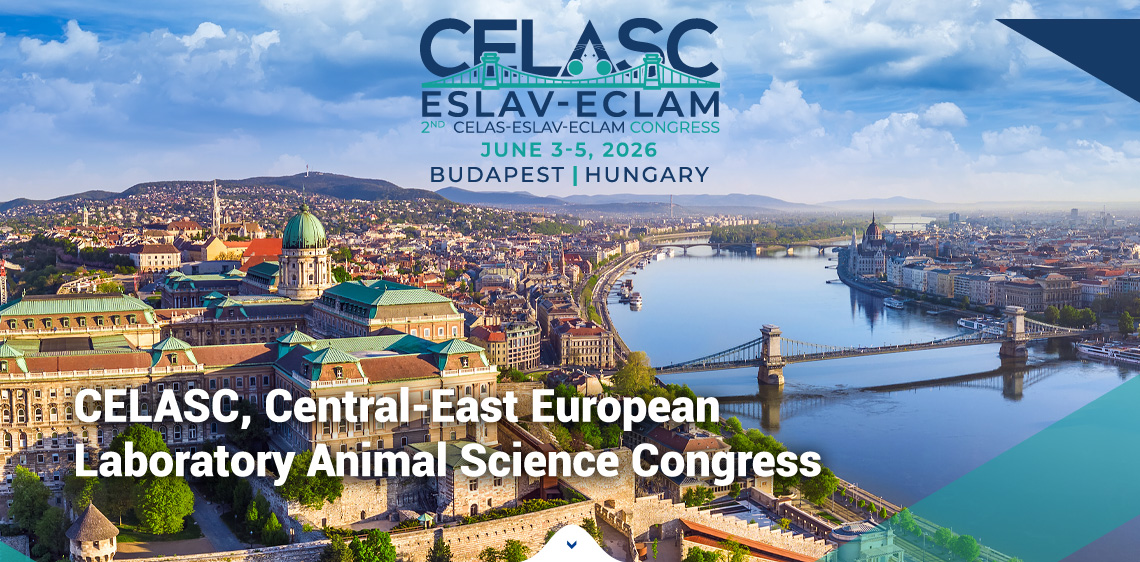Workshops
Zebrafish Workshop
Title: A day with zebrafish, one of the fastest growing models in laboratory animal research
Duration: Half day (Hours: 09.00 AM – 01.00 PM)
Workshop date: 29th of May 2023
Limited capacity
Abstract: This workshop has been thought to be able to provide to all attendances an overview on Zebrafish, one of the main aquatic species used as laboratory animal model all over the world.
Aim of the workshop: This workshop has been thought to be able to provide to all attendances an overview on Zebrafish, one of the main aquatic species used as laboratory animal model all over the world. The scientific applications of Zebrafish, otherwise called Danio rerio, are constantly increasing and the main ones will be covered by top level scientists.
Great attention will be given to their husbandry and maintenance trying to identify the critical physical and chemical water quality parameters which need to be constantly check. Those animals totally rely on water: it’s becoming imperative to define the standards for their care.
The European Community has recently came up with specific guidelines, a very interesting and complete set of information where specific provisions for zebrafish are deeply taken into account. Housing systems are improving and reliability has reached great levels, including automation and constant quality parameters adjustment.
On top of the above, during this workshop, we will discuss zebrafish colonies environmental and health monitoring programs, now a days a very hot topic.
The discussion is open and we are ready to welcome you on the 29th of May!
Speakers:
- Tommaso Sala (Tecniplast s.p.a., Italy)
- Ondřej Svoboda (IMG, Pragu)
- Gianpaolo Milite (VET DVM, MSc.LAS, Italy)
FELASA Severity Workshop

Title: Classification and reporting of severity of procedures
Duration: Half day (Hours: 02.00 PM – 06.00 PM)
Workshop date: 29th of May 2023
Limited capacity
Abstract: The Directive 2010/63/EU on the protection of animals used for scientific purposes entered into force in Member States on January 1st, 2013. As with the previous Directive 86/609/EEC, this Directive requires that experiments are designed to cause the least pain, suffering, distress or lasting harm to the animals used.
However, there is a new and additional requirement which is that all procedures are assigned a severity classification in advance of the procedure being performed (prospective severity classification). Furthermore, the severity experienced by each individual animal must be reported in the Statistical returns (actual severity classification). This actual severity of any previous procedure is on top a key consideration in determining whether or not an animal can be re-used in further procedures and aids in determining the retrospective severity classification, to be assigned at the end of a project.
The implementation of severity classification of procedures, both prospectively and retrospectively, is a big challenge in animal studies as it entails legal and ethical implications. Prospective severity classification is an important and useful tool for properly evaluating research projects so as to implement the least constraining procedures, and thus keep the level of severity of procedures the lowest possible.
Coherence in assigning actual severity classifications across Member States is very important to ensure harmonization in statistical reporting.
Correct reporting of retrospective severity classification will also help to improve communication with the public, as it will provide a more detailed picture of animal experimentation by differentiating procedures according to the prospective and retrospective severity.
These three processes offer opportunities to implement the principle of 3Rs, aimed at improving animal welfare.
In 2010, the FELASA/ESLAV/ECLAM Working Group elaborated on these new requirements with lived through examples which have been the object of many successful Workshops since the FELASA 2016 Congress. During these Workshops it became apparent that important differences in perceptions exist between participants when evaluating Severity. The European Commission has since encouraged FELASA to create these ‘Road shows on Severity Classification of Procedures’ throughout Member states and beyond, so as to promote a coherent approach.
This Workshop, organized by CELASC (www.celasc.org) will allow for important interactivity while evaluating severity; discussing means to alleviate pain and distress, and identify humane endpoints of concrete examples in rodent use.
The conference is addressed to Project Leaders, scientists applying for project applications, veterinarians, responsible persons for animal welfare, advisors to and members of Animal Welfare Body, senior technicians, animal care staff and members of Ethical Review Boards.
Please only subscribe if you are sure to participate.
This Workshop will allow participant to obtain an official FELASA certificate of attendance for your CPD Credits.
Speakers:
- Livia d´Angelo
- Argyro Zacharioudaki
- Zuzana Vavrušková
MatTek 3Rs Worskhop
.png)
Title: Skin Irritation Test (SIT) according to OECD TG 439 using 3D reconstructed tissue model of human epidermis, EpiDermTM
Duration: Half day (Hours: 10.00 AM – 12.00 AM)
Workshop date: 30th of May 2023
Limited capacity
Abstrakt: The workshop will provide a brief overview of in vitro 3D reconstructed human tissue models and their use in toxicology and pharmacology as well as the practical demonstration of EpiDerm Skin Irritation Test (SIT) according to OECD test guideline 439 (TG 439).
EpiDerm 3D human tissue model (Figure 1) is used across a diverse range of applications including safety and risk assessment, and biological efficacy. Simple protocols and the evaluation of early cellular endpoints allow researchers to acquire data in few days. EpiDerm, a Reconstructed Human Epidermis (RHE), is ready-to-use, highly differentiated 3D tissue model consisting of normal, human-derived epidermal keratinocytes (NHEK) cultured on specially prepared tissue culture inserts cultured at the air-liquid interface (ALI) and allows for the evaluation of topically applied compounds, chemicals, cosmetic/personal care product ingredients and final formulations. With multiple ECVAM validations and OECD accepted test guidelines, EpiDerm is a proven in vitro model system for chemical, pharmaceutical and skin care product testing. EpiDerm SIT is validated and accepted method under OECD TG 439, EpiDerm Skin Corrosion test as OECD TG 431 and EpiDerm phototoxicity test as OECD TG 498.
Participants will have a hands-on opportunity to practice the EpiDerm SIT with actual tissue models. The workshop is suitable for everybody who would like to practice the method, consult the specific problem, get information as well as those who are just considering the use of in vitro models in their research.
Speaker:
- Silvia Letasiova, Ph.D.
Tecniplast Workshop
Title: Advancing laboratory animal science: The benefits of home cage monitoring and digital ventilated cages (DVC®)
Duration: 1 hour (12.10 PM -13.10 PM)
Workshop date: 31st of May 2023
Limited capacity
Abstract: The topic of this seminar will be the application of home cage monitoring and digital ventilated cages (DVC®) in laboratory animal science. The first session will introduce the idea of home cage monitoring and provide an overview of the DVC® solution and technology. The second session will focus on the cost reductions connected with DVC® since the AI learning process can recommend the optimal time to change the cage based on moisture levels. The third session will focus on how adopting DVC® technology can increase welfare. The automated, AI-based evaluation of hyper-hypoactivity or a spatial distribution deviation from the baseline can suggest welfare issues. In addition, other deep-learning-based algorithms can aid in detecting fighting episodes, stereotypical behaviour, and pup delivery. In the fourth session, various digital biomarkers that can describe the disease progression in neurodegenerative mice models, such as sleep pattern disruption or circadian rhythm disruption, will be discussed. This seminar highlights the potential benefits of home cage monitoring and DVC® technology in enhancing animal welfare and scientific outcomes and reducing research organizations’ running costs.
Speakers:
- Giorgio Rosati
- Jan Honetschläger
- Marcello Raspa
- Catriene Thuring




